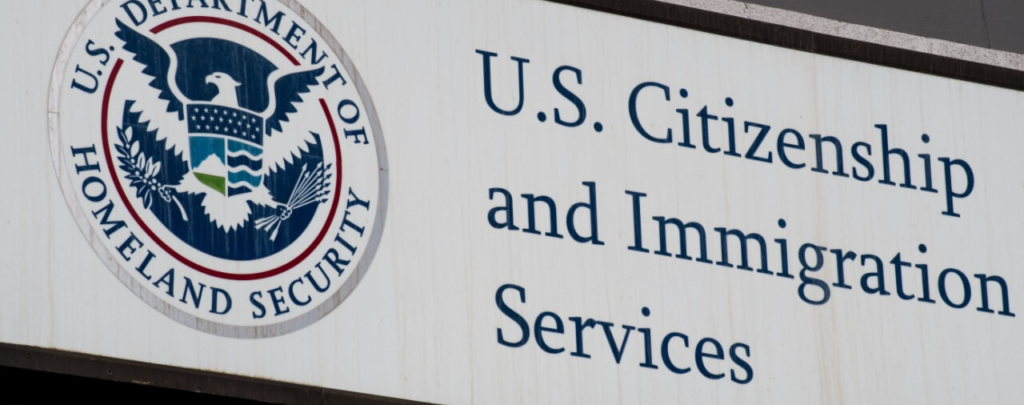During his Presidential campaign, now-President Donald Trump stated that he would end the Deferred Action for Childhood Arrivals (DACA) Program [see article] and the currently enjoined Deferred Action for Parents of Americans and Lawful Permanent Residents (DAPA) Program on his first day in office. However, President Trump’s first day in office has come and gone, and his administration has yet to make any moves toward terminating DACA or rescinding the DAPA Memorandum [see article].
On January 23, 2017, White House Press Secretary Sean Spicer provided the first official press briefing of the Trump Administration. In response to a question regarding DACA, Spicer indicated that taking action on DACA is not high on President Trump’s list of priorities at the moment. Instead, Spicer stated that President Trump’s top priority regarding those who are here illegally are those with criminal records or who can otherwise do harm. Spicer indicated that individuals who are here illegally who do not have records or who do not otherwise present a danger are lower priorities for action at the moment.
Over the weekend, Chief of State Reince Preibus declined to make any commitments on behalf of the White House regarding ending DACA, and instead stated that the Trump Administration planned to work with Congress “to get a long-term solution on that issue.”1 When asked about Preibus’s comments, Spicer echoed Preibus, saying that he had nothing further regarding executive action to end DACA, and did not make any commitments either way as to what the Trump Administration would do.
For the time being, DACA remains in effect. The Las Vegas Review Journal reported that the United States Citizenship and Immigration Services (USCIS) is continuing to process DACA applications.2
During the campaign, President Trump expressed an array of immigration positions, ranging from outlandish to reasonable. As the campaign wore on, he tempered his rhetoric on immigration, and seemed to approach a happy medium between attacking Mitt Romney from the left in 2013 and proposing deportation forces in 2015. We are less than a week into the Trump Administration, and it is far too soon to make any definitive declarations about his immigration policy. However, in the first few days, President Trump has certainly backed away from his pledges to immediately end DACA and rescind the DAPA memo [see blog]. During his campaign, the President was consistent that he would take these actions, and notably said so explicitly in his Phoenix immigration speech which I covered in this blog [see blog].
Statements from Preibus and Spicer seem to strongly leave open the possibility that President Trump will not terminate DACA at all, but will instead leave it in place as he works with Congress to come up with a permanent solution. Interestingly, signs indicate that the President may be content with the current civil enforcement priorities [see article] that were enacted by the Obama Administration in 2014.
However, as helpful as hints may be, the situation regarding DACA, DAPA, and the civil enforcement priorities will remain unclear until the Trump Administration issues definitive statements on the matter. Considering that we are still in the very early days of the new administration — and the new Secretary of Homeland Security has just taken office — we may have to wait a bit longer to get clear guidance on these issues.
An individual who is on DACA or who is considering applying DACA should first consult with an experienced immigration attorney for guidance based on the facts of his or her individual situation.





